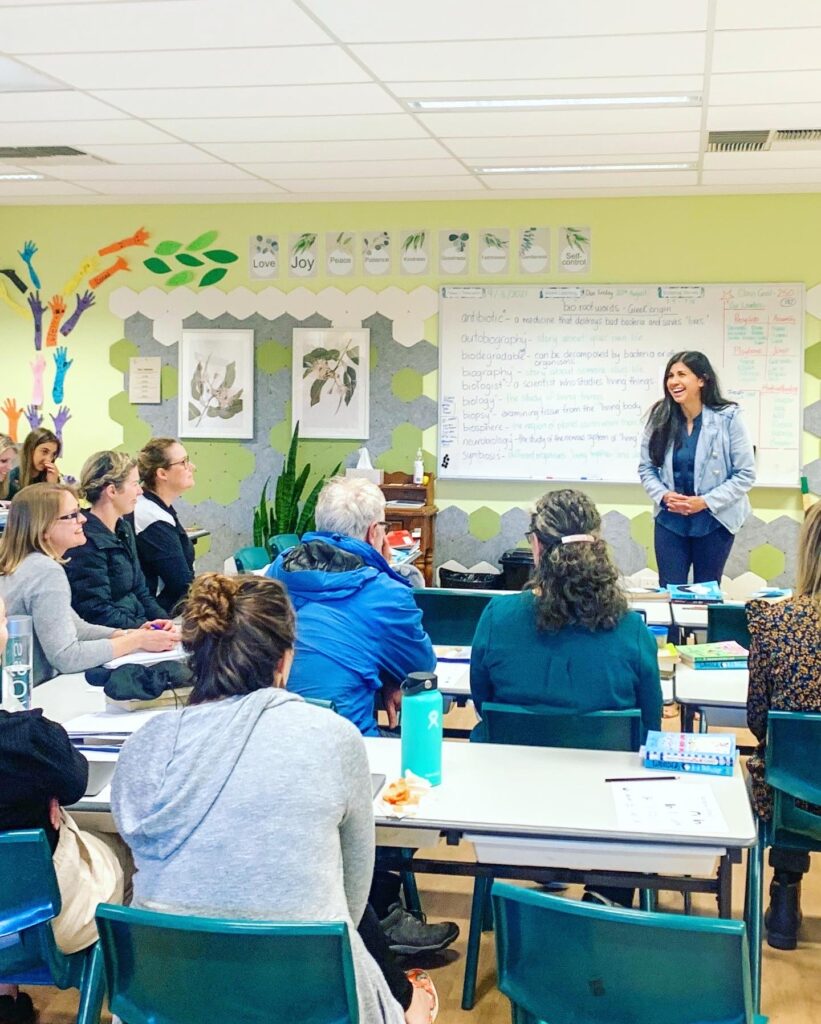Culture and Christianity
God’s glory and nature can be beautifully expressed through Indigenous cultures. My role is to guide educators in recognising and honouring God’s through an indigenous perspective, and to develop educational activities and programs that promote these values in both spiritually-safe and culturally-safe contexts.
Reconciliation
Those who have been reconciled to God through Christ are entrusted with the ministry of reconciliation (2 Corinthians 5:18). At the Cross, Jesus bore the sin that fuels division—hatred, discord, selfish ambition, and envy (Galatians 5:20). In His death and resurrection, He broke the power of hostility, making it possible for people to be reconciled both to God and to one another (Ephesians 2:16). Biblical reconciliation is the work of bringing people to God through the Cross, where Christ put to death the hostility that once divided them.
This reconciliation transforms hostility into the fruit of the Spirit—love, joy, peace, patience, kindness, goodness, faithfulness, gentleness, and self-control (Galatians 5:22–23). In an educational setting, it calls us to apply biblical wisdom in fostering genuine harmony and mutual respect within cross-cultural school communities.
As a facilitator, I help participants recognise God’s nature reflected in Aboriginal culture and uncover the redemptive messages it carries. Together, we explore practical ways to weave these insights into classroom teaching and whole-school culture, fostering reconciliation that is both biblically grounded and culturally respectful.
Aboriginal Cultural Standards Framework
I deliver an engaging overview of the Aboriginal Cultural Standards Framework, highlighting its alignment with the Australian Professional Standards for Principals and Teachers. Through guided reflection, staff are encouraged to assess both individual and whole-school behaviours, attitudes, and practices, and to identify practical steps for moving forward along the Framework Continuum.
Classroom Activities
Cultural topics explored include local key people, places of significance, the connection between Aboriginal culture and the natural world, traditional and contemporary lifestyles, the six seasons, native plants and animals, Indigenous art, Aboriginal history, traditional tools, and significant annual dates such as Mabo Day, Reconciliation WA, NAIDOC Week, and Sorry Day. Staff will also participate in a model lesson that demonstrates how one of these topics can be effectively taught in the classroom.
Whole School Integration
Staff are guided through a multi-phase process to design a strategic plan tailored to their school’s unique context, supporting the integration of cultural understanding, reconciliation principles, and inclusive practices across the entire school community.
Learning Through Song
A fun, interactive session where staff engage in song writing and singing based on the six seasons—bringing learning to life through creativity and culture.
